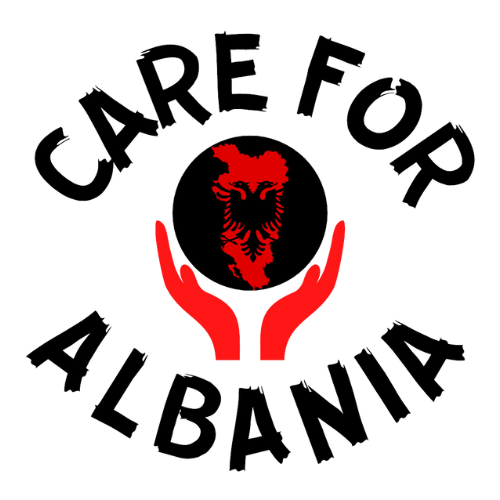History
Throughout history, Albanians have faced several struggles, including political oppression, economic marginalization, and cultural suppression.
Communism was the dominant political ideology in Albania from 1944 until the country's transition to a multiparty democracy in 1991. The communist government was established after World War II, following the country's liberation from Nazi occupation by communist-led partisan forces. Under the leadership of Enver Hoxha, implemented policies of collectivization and nationalization of industry and property, as well as strict government control of the media and suppression of political opposition. Albania was also isolated from the international community. The government implemented strict state control over the economy, society, and culture, and the country was one of the poorest and most isolated in Europe. In the late 1980s, the communist regime began to lose popular support, and in 1991, the communist government was dissolved and replaced with a multiparty democratic system.
In the post-World War II period, Albanians in former Yugoslavia faced discrimination and repression, particularly in Kosovo, where much of the population is Albanian. The Yugoslav government limited the use of the Albanian language and suppressed Albanian culture, and many Albanians were forcibly removed from their homes, and in more extreme circumstances, created a genocide in which over 10,000 ethnic Albanians were killed. This led to the emergence of the Kosovo Liberation Army (KLA) and the Kosovo War in the late 1990s.
In addition, many Albanians have faced economic struggles, particularly in the post-communist era. The country has struggled with high levels of poverty, unemployment, and emigration, which has led many Albanians to seek better opportunities abroad, or in neighboring countries such as Montenegro, Macedonia, Greece, and Turkey, where Albanians continue to hold a large population.
Overall, Albanians have faced many challenges throughout their history and continue to do so today, but they have also shown resilience and determination in their efforts to preserve their culture, language, and identity.
Areas we Serve
Korça
One of the largest and most important cultural and economic centers of Albania, located in the southeastern part of the country. The city is known for its typical quarters, composed of low houses and villas, which are paved with cobblestone. Musically, the city is known for the local songs, called serenata which earned the city the nickname The City of Serenades.

